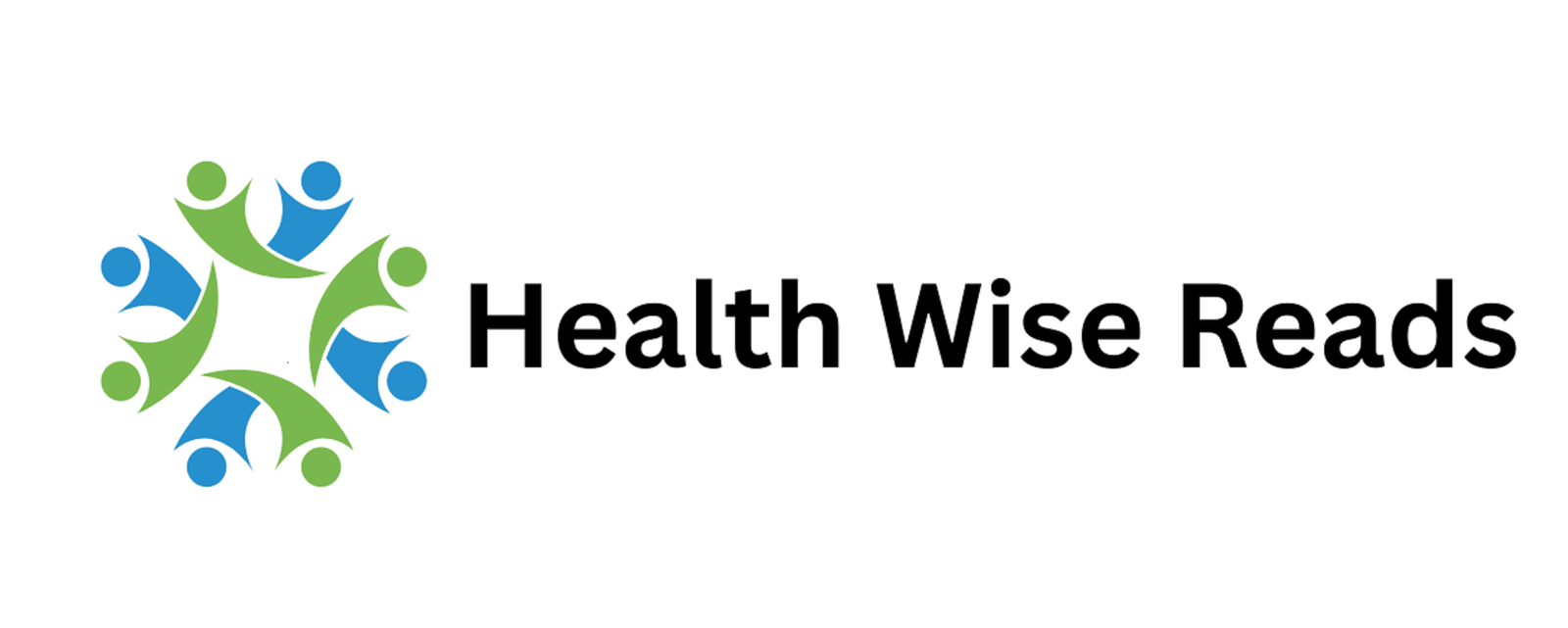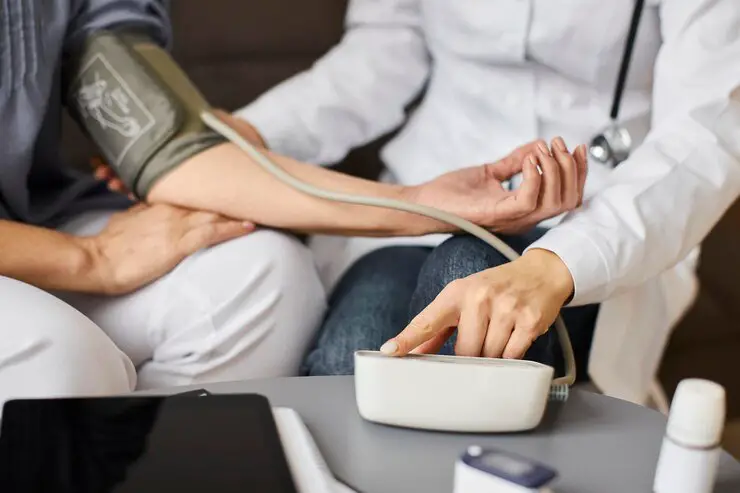What Causes Low Blood Pressure?
Introduction to low blood pressure
Blood pressure, a critical indicator of our cardiovascular health, is often discussed in terms of its elevation but seldom in the context of its deficiency. Low blood pressure, medically termed as hypotension, is a condition where the blood pressure in the arteries is abnormally low. Unlike high blood pressure, which is known for its silent yet harmful impact on the body, low blood pressure might seem benign but can cause symptoms and complications that affect daily life and overall health.
Understanding low blood pressure is essential, as it helps in recognizing the signs early and taking necessary actions. Hypotension can lead to inadequate blood flow to organs such as the brain, heart, and kidneys, leading to a range of symptoms from dizziness to potentially life-threatening conditions. This blog aims to demystify the causes of low blood pressure, exploring everything from common triggers and symptoms to treatment options and lifestyle adjustments for managing the condition. Whether it’s the impact of dehydration, the role of certain medications, or the influence of diet, we’ll delve into how each factor plays a part in blood pressure levels.
By the end of this comprehensive guide, readers will have a deeper understanding of low blood pressure, equipped with the knowledge to identify symptoms, understand the underlying causes, and explore effective management strategies. Our journey through the complexities of hypotension begins with a foundational understanding of what blood pressure is and why maintaining a healthy range is crucial for our wellbeing.
Understanding Blood Pressure

Blood pressure is the force exerted by circulating blood on the walls of blood vessels. It is one of the principal vital signs, and its values are expressed in terms of systolic and diastolic pressures. Systolic pressure, the higher number, measures the force your heart exerts on the walls of your arteries each time it beats. Diastolic pressure, the lower number, measures the force your heart exerts on the walls of your arteries in between beats.
The American Heart Association defines low blood pressure as readings lower than 90 mm Hg systolic or 60 mm Hg diastolic. While individual blood pressure targets can vary, especially among those with specific health conditions, these thresholds serve as a general guideline for identifying hypotension.
Symptoms of low blood pressure can be subtle or non-existent in some people, but for others, they can include dizziness, fainting, blurred vision, fatigue, nausea, and a lack of concentration. These symptoms occur because the brain and other vital organs are not getting enough blood flow, which can be alarming and may significantly impact one’s quality of life.
Recognizing the symptoms is crucial, but understanding the causes of low blood pressure is fundamental in addressing and managing the condition. The journey from identifying the symptoms to exploring the depth of causes and treatments is a testament to the complexity of our cardiovascular system and the importance of maintaining its health and balance.
In the following sections, we will delve deeper into the causes of low blood pressure, exploring both primary and secondary factors, and how they interplay to affect our health. We’ll also look at the symptoms in detail, how dehydration and medication can influence blood pressure, and the role of diet and lifestyle in managing hypotension. Stay tuned as we unfold the layers of understanding necessary for managing low blood pressure effectively.
Causes of Low Blood Pressure

Low blood pressure can result from a wide array of causes, ranging from acute medical conditions to chronic health issues and lifestyle factors. Understanding these causes is essential for diagnosis and treatment. Here, we categorize the causes into primary and secondary for a clearer understanding.
Primary Causes of Low Blood Pressure
- Dehydration: When the body loses more water than it takes in, it can lead to dehydration, reducing blood volume and causing blood pressure to drop. Symptoms of dehydration include thirst, dark-colored urine, and fatigue.
- Heart Conditions: Various heart conditions can lead to low blood pressure, including extremely low heart rate (bradycardia), heart valve problems, heart attack, and heart failure. Each of these conditions affects how effectively the heart can pump blood throughout the body.
- Endocrine Problems: Disorders such as adrenal insufficiency (Addison’s disease), low blood sugar (hypoglycemia), and, in some cases, diabetes can affect your blood pressure.
- Severe Infection (Septicemia): When an infection in the body enters the bloodstream, it can lead to septic shock, a severe drop in blood pressure that is life-threatening.
Secondary Causes of Low Blood Pressure

- Medications: Many medications, including diuretics, alpha blockers, beta blockers, drugs for Parkinson’s disease, antidepressants, and others, can cause low blood pressure as a side effect.
- Pregnancy: Blood pressure is likely to drop during pregnancy because the circulatory system expands rapidly. This is normal but requires monitoring to ensure both the mother’s and baby’s health.
- Nutritional Deficiencies: A lack of essential vitamins and minerals, especially B12 and folate, can prevent the body from producing enough red blood cells, causing low blood pressure.
- Neurally Mediated Hypotension: This occurs when standing for long periods leads to a drop in blood pressure. It’s the result of a miscommunication between the heart and the brain.
- Postprandial Hypotension: A sudden drop in blood pressure after eating, which is more common in older adults, especially those with high blood pressure or autonomic nervous system disorders.
Understanding these causes is a significant first step in managing low blood pressure. Recognizing the signs and symptoms associated with each cause can help individuals and healthcare providers devise effective treatment and management strategies.
Symptoms of Low Blood Pressure

Symptoms of low blood pressure can vary widely from one person to another. For some, hypotension might be a minor inconvenience, while for others, it can cause significant disruptions to daily life. Key symptoms include:
- Dizziness or Lightheadedness: This is often one of the first signs of low blood pressure, especially when standing up too quickly.
- Fainting (Syncope): A severe drop in blood pressure can lead to a sudden loss of consciousness.
- Blurred Vision: Reduced blood flow to the eyes can cause visual disturbances.
- Nausea: A lack of blood flow to the digestive system can result in feelings of nausea.
- Fatigue: Chronic low blood pressure can lead to persistent tiredness and weakness.
- Lack of Concentration: Insufficient blood flow to the brain can affect cognitive functions.
Elderly individuals may experience these symptoms more acutely, impacting their mobility and overall quality of life. It’s important for older adults and their caregivers to monitor blood pressure regularly and consult healthcare providers if they notice significant changes.
The relationship between dehydration and low blood pressure exemplifies how lifestyle factors can directly impact health. In the next section, we will explore the impact of dehydration on blood pressure levels in more detail, providing insights into prevention and management strategies.
Impact of Dehydration on Blood Pressure

Dehydration occurs when the body loses more fluid than it takes in, leading to a decrease in the volume of blood circulating through the body. This reduced blood volume can cause a significant drop in blood pressure, as there’s less fluid for the heart to pump through the circulatory system. Understanding how dehydration impacts blood pressure is crucial for prevention and management, especially in individuals prone to hypotension.
How Dehydration Affects Blood Pressure
- Reduced Blood Volume: Dehydration decreases the amount of fluid in the body, leading to reduced blood volume. Since blood pressure is directly related to the amount of blood circulating, a decrease in blood volume results in lower blood pressure.
- Blood Vessel Constriction: In response to decreased blood volume, the body may attempt to maintain blood pressure by constricting blood vessels. However, this can only partially compensate for the effects of significant dehydration.
- Heart Rate: Dehydration can cause an increase in heart rate as the body attempts to maintain adequate blood flow despite the reduced volume. However, this compensatory mechanism might not be sufficient to prevent a drop in blood pressure.
Preventing Dehydration
- Regular Fluid Intake: Ensuring regular intake of fluids, especially water, is the simplest way to prevent dehydration. The amount needed can vary based on factors like age, activity level, and climate.
- Monitoring Fluid Loss: In hot weather or during exercise, it’s important to increase fluid intake to compensate for the loss through sweating.
- Recognizing Early Signs of Dehydration: Thirst, dark urine, and fatigue are early signs that the body needs more fluid.
Medication and Low Blood Pressure

Medications are a common and often overlooked cause of low blood pressure. Various prescriptions and over-the-counter drugs can lead to hypotension as a side effect. Understanding which medications can cause low blood pressure and how to manage this side effect is essential for patients and healthcare providers.
Common Medications That Can Cause Low Blood Pressure
- High Blood Pressure Medications: Ironically, medications intended to lower high blood pressure can sometimes reduce it too much, especially if the dose is too high or if another blood pressure medication is added.
- Diuretics: Also known as water pills, diuretics can decrease blood volume by causing excess urine production, which can lower blood pressure.
- Antidepressants: Certain antidepressants can block neurotransmitters in the brain that control blood pressure and heart rate, leading to a drop in blood pressure.
- Parkinson’s Disease Medications: Drugs that treat Parkinson’s disease may lower blood pressure by blocking signals in the nervous system that control blood pressure.
Managing Medication-Induced Low Blood Pressure
- Regular Monitoring: Regularly monitoring blood pressure can help identify medication-induced hypotension early.
- Adjusting Medication: If a medication is identified as the cause of low blood pressure, a doctor may adjust the dose or switch to a different medication.
- Lifestyle Adjustments: Simple changes, such as increasing water and salt intake (under medical supervision), can help mitigate medication-induced low blood pressure.

Diet and Lifestyle for Managing Low Blood Pressure
Diet and lifestyle play significant roles in managing low blood pressure. Making informed choices can help prevent symptoms and improve quality of life.
Diet Tips
- Increase Salt Intake: While too much salt can be harmful, a moderate increase can help raise blood pressure by retaining more fluid in the body. This should be done under medical guidance.
- Hydrate: Drinking ample fluids helps prevent dehydration, a major cause of low blood pressure.
- Small, Frequent Meals: Eating smaller, more frequent meals can help prevent the drop in blood pressure that occurs after eating large meals.
Lifestyle Changes
- Avoid Alcohol: Alcohol can lower blood pressure further, so it’s best to limit intake or avoid it altogether.
- Exercise Regularly: Regular, moderate exercise can help improve heart health and increase blood pressure. However, it’s important to consult with a healthcare provider before starting any new exercise regimen.
- Wear Compression Stockings: These can help reduce the pooling of blood in the legs and alleviate the symptoms of orthostatic hypotension.
Conclusion
Low blood pressure, while often less highlighted than high blood pressure, carries its own set of challenges and symptoms that can significantly affect one’s life. Understanding the causes, including the impact of dehydration and medication, alongside the role of diet and lifestyle in management, is crucial for anyone dealing with hypotension. Implementing the strategies discussed can help manage symptoms and improve quality of life. Always consult with a healthcare provider to tailor these suggestions to your specific health needs and conditions.
This comprehensive exploration of low blood pressure from causes to management underscores the importance of a proactive approach to cardiovascular health. By staying informed and making conscious health and lifestyle choices, individuals can navigate the complexities of low blood pressure and lead healthier, more fulfilling lives.
Frequently Asked Questions About Low Blood Pressure
What Are the Causes of Low Blood Pressure?
Low blood pressure can result from a variety of factors including dehydration, heart conditions, endocrine problems, severe infections (such as septicemia), nutritional deficiencies, certain medications, and even pregnancy. The specific cause can vary greatly from person to person and requires a thorough evaluation by a healthcare provider for accurate diagnosis and treatment.
What Are the Common Causes of Low Blood Pressure?
The most common causes of low blood pressure include dehydration, heart problems (like bradycardia, heart valve issues, heart attack, and heart failure), the side effects of medications (particularly high blood pressure medications and diuretics), and conditions that affect the endocrine system.
How Can Dehydration Lead to Low Blood Pressure?
Dehydration decreases the total amount of fluid in the body, which in turn reduces the volume of blood circulating through the blood vessels. This reduction in blood volume leads to a drop in blood pressure, as there is less fluid for the heart to pump and maintain a normal pressure throughout the body.
Can Medication Cause Low Blood Pressure?
Yes, many medications can cause low blood pressure as a side effect. These include diuretics (water pills), alpha blockers, beta blockers, medications for Parkinson’s disease, certain types of antidepressants, and medications used to treat erectile dysfunction. It’s important to discuss all medications, including over-the-counter drugs and supplements, with a healthcare provider to identify potential causes of low blood pressure.
What Are the Symptoms of Low Blood Pressure?
Symptoms of low blood pressure can vary but often include dizziness, lightheadedness, fainting, blurred vision, nausea, fatigue, and a lack of concentration. The severity of symptoms can vary based on the underlying cause and the individual’s overall health.
How Is Low Blood Pressure Diagnosed?
Low blood pressure is diagnosed through a combination of medical history, a physical examination, and blood pressure measurements. Healthcare providers may also use blood tests, electrocardiograms (EKGs), and other diagnostic tests to determine the underlying cause of hypotension.
What Lifestyle Changes Can Help Manage Low Blood Pressure?
Lifestyle changes that can help manage low blood pressure include staying adequately hydrated, increasing salt intake (under medical supervision), eating smaller and more frequent meals, avoiding alcohol, engaging in regular, moderate exercise, and wearing compression stockings if advised by a healthcare provider.
How Does Age Affect Blood Pressure Levels?
Age can significantly affect blood pressure levels. In general, blood pressure tends to increase with age due to changes in blood vessel stiffness and other age-related cardiovascular changes. However, low blood pressure is also common in the elderly, particularly postprandial hypotension and orthostatic hypotension, due to the body’s decreased ability to regulate blood pressure effectively with age.
Final Thoughts
Understanding low blood pressure involves recognizing its causes, symptoms, and the impact of lifestyle factors on its management. By addressing the FAQs, we’ve explored key aspects of low blood pressure, aiming to provide valuable insights for those seeking to manage their condition effectively. It’s important to consult healthcare professionals for personalized advice and to ensure that any changes in diet, lifestyle, or medication are safe and appropriate for your specific health situation.
The journey through understanding and managing low blood pressure underscores the importance of proactive health management and the value of informed patient care. By staying informed and working closely with healthcare providers, individuals can effectively manage low blood pressure and enjoy a healthier, more active life.







